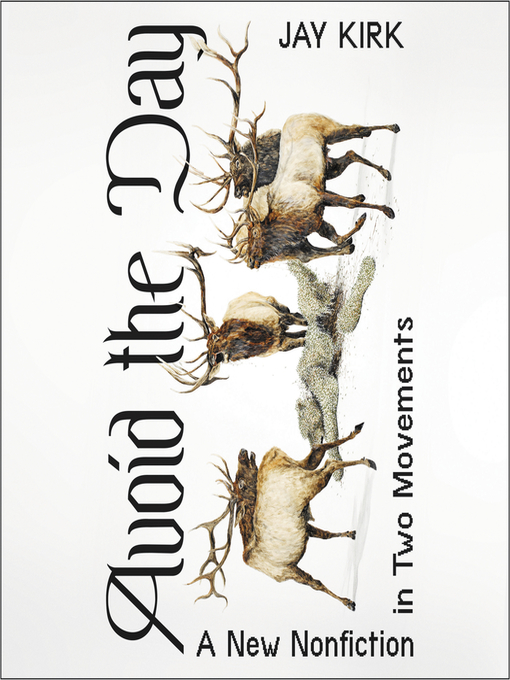""Avoid the Day truly seems to me to push nonfiction memoir as far as it can go without it collapsing into a singularity and I am at a loss for words. You are just going to have to read it."" –Helen Macdonald, author of H is for Hawk
A surreal, high-wire act of narrative nonfiction that redefines the genre, Avoid the Day is part detective story, part memoir, and part meditation on the meaning of life—all told with a dark pulse of existential horror. What emerges is an unforgettable study of mortality and the artist's journey.
Seeking to answer the mystery of a missing manuscript by Béla Bartók, and using the investigation to avoid his father's deathbed, award-winning magazine writer Jay Kirk heads off to Transylvania, going to the same villages where the "Master," like a vampire in search of fresh plasma, had found his new material in the folk music of the peasants. With these stolen songs, Bartók redefined music in the 20th Century. Kirk, who is also seeking to renew his writing, finds inspiration in the composer's unorthodox methods, but begins to lose his tether as he sees himself in Bartók's darkest and most personal work, the Cantata Profana, which revolves around the curse of fathers and sons.
After a near-psychotic episode under the spell of Bartók, the author suddenly finds himself on a posh eco-tourist cruise in the Arctic. There, accompanied by an old friend, now a documentary filmmaker, the two decide to scrap the documentary and make a horror flick instead—shot under the noses of the unsuspecting passengers and crew. Playing one of the main characters who finds himself inexplicably trapped on a ship at the literal end of the world, alone, and under the influence of the midnight sun, Kirk gets lost in his own cerebral maze, struggling to answer his most plaguing question: can we find meaning in experience?


